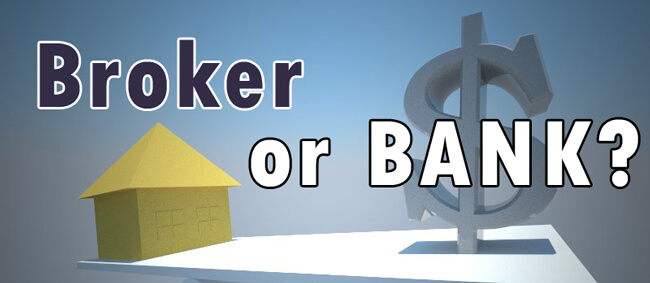Banker vs Broker: What is the difference?

Background
In the Jamaican financial sector, many persons still believe that a bank account is the primary medium through which wealth can be built and held. Jamaicans have a history of making do with limited resources – “tun you han mek fashion” – but as the economy evolves, and the number of financial instruments increase it is important that financial literacy and education keep pace. A prudent financial plan will likely involve a combination of different types of financial instruments, and these are often provided by many different types of financial intermediaries such as commercial banks and securities dealers or “brokers”.
Banks
The main purpose of a commercial bank is to facilitate payments. However, a bank also accepts deposits, makes loans and provides other financial services. Banking products range from chequing accounts, residential and commercial mortgages, car loans, business loans, and short-term savings products such as fixed deposits. Commercial banks are vital for an efficient economy because they act “in between” those who save and those who borrow– referred to as “intermediation”.
Brokers
A securities dealer or “broker” is more concerned with capital accumulation by investing in activities or financial instruments that will lead to an increase in the original amount invested. Brokers also act as intermediaries between those who save for the long term and those businesses/persons/ institutions who require capital for long term investments such as business expansion or infrastructure development. Brokers do this in many ways such as raising equity (E.g. arranging initial public offerings) or debt (E.g. arranging bond issues) to garner capital.
The products offered by brokers tend to be more long-term oriented than those offered by banks. Brokers also typically provide products that involve more risk compared with banking products and therefore the potential rate of return is higher. This ties back to the facilitation of payments and the preservation of capital objectives of banks compared with the brokers’ objective of garnering risk capital for long term business and infrastructure projects.
Conclusion
For most individuals and institutions, a prudent and solid financial plan requires the products and services of both banks and brokers. For instance, your financial toolkit will include a bank account – such as a JN Bank Chequing Account – to receiver your salary and other emoluments, and to pay your bills, and maintain liquid assets in case of emergencies. You would also maintain an investment account with your broker – such as JN Fund Managers – that is more targeted towards saving for your long-term goals such as purchasing a home or investment property and retirement. Financial services from both banks and brokers complement each other and will together bring you closer to achieving your goals as you journey through life.

